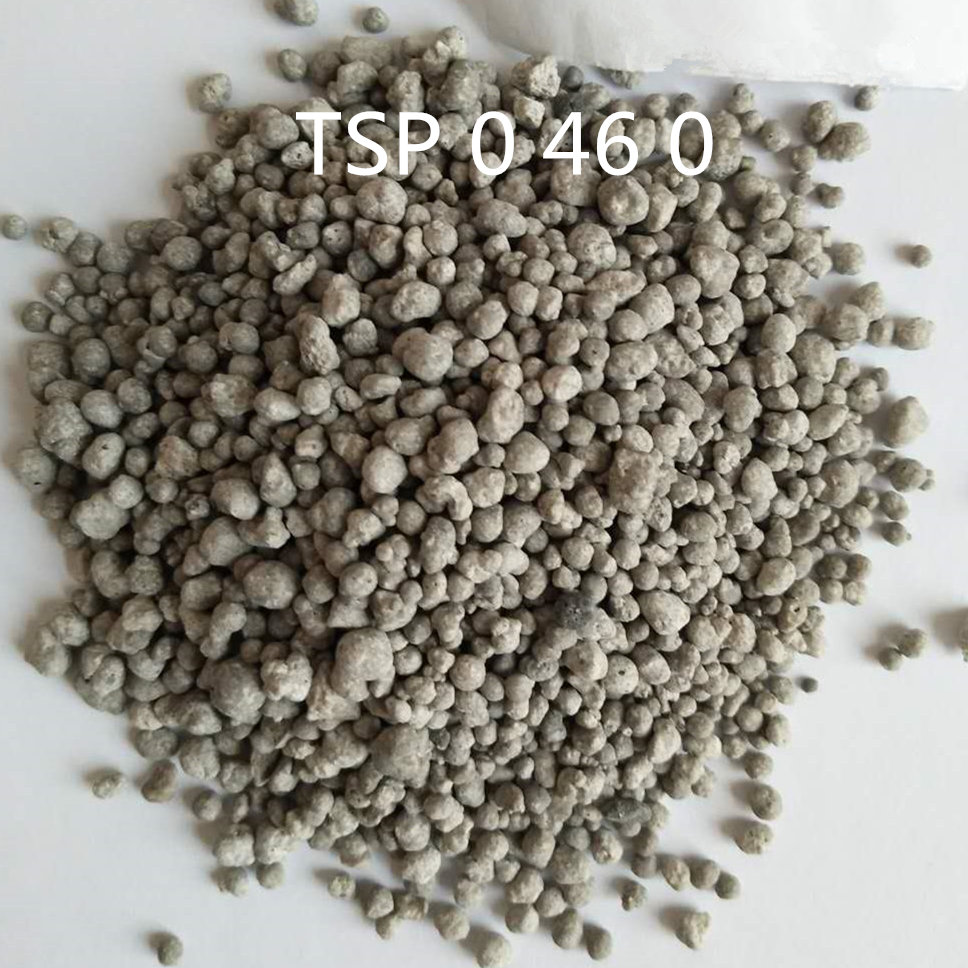
Aug . 11, 2024 22:04 Back to list
Top Quality Organic Fertilizer Suppliers for Healthy Vegetable Plant Growth and Sustainable Gardening Solutions
Organic Fertilizers for Vegetable Plants A Supplier's Insight
In the ever-evolving world of agriculture, the demand for sustainable and environmentally friendly practices has never been more crucial. Organic fertilizers have emerged as a preferred alternative to synthetic fertilizers, especially among vegetable growers who seek to enhance soil health while producing safe, nutritious vegetables. As a supplier of organic fertilizers, understanding their benefits, composition, and application methods is essential.
Understanding Organic Fertilizers
Organic fertilizers are derived from natural sources, including plant and animal materials, and are designed to improve soil fertility and structure. Common sources include compost, manure, bone meal, and seaweed extract. The organic nature of these fertilizers means they not only nourish plants but also contribute to the overall health of the ecosystem. Unlike chemical fertilizers, which can lead to soil degradation and waterway pollution, organic fertilizers offer a more sustainable way to enrich garden soil over time.
Benefits for Vegetable Plants
1. Improved Soil Structure Organic fertilizers enhance soil structure by promoting the growth of beneficial microorganisms. These microorganisms create a more conducive environment for root development, allowing plants to access nutrients more effectively.
2. Nutrient Release One of the key characteristics of organic fertilizers is their slow-release nature. Nutrients are made available to plants over an extended period, reducing the risk of nutrient leaching and ensuring a steady supply. This slow release helps in building resilience in vegetable plants, leading to healthier yields.
3. Environmental Protection Using organic fertilizers minimizes the risk of chemical runoff, which can contaminate local waterways and harm aquatic life. Organic fertilizers contribute to a sustainable agricultural practice that protects the environment.
4. Nutritional Quality Vegetables grown with organic fertilizers often have higher nutritional content and are free from harmful chemical residues. For health-conscious consumers, this means peace of mind when choosing organic produce.
Choosing the Right Organic Fertilizer
As a supplier, it's important to offer a variety of organic fertilizers tailored to different needs
. Vegetable plants require specific nutrients based on their growth stageorganic fertilizer for vegetable plants supplier

- Nitrogen-Rich Fertilizers Essential for leafy green vegetables, fertilizers made from composted manure or alfalfa meal can supply the necessary nitrogen for robust foliage.
- Phosphorus Sources For root vegetables like carrots and potatoes, bone meal provides an excellent source of phosphorus, promoting strong root development.
- Potassium Supplements Seaweed extracts are rich in potassium and trace minerals, making them ideal for a diverse range of vegetables, especially during flowering and fruiting stages.
Application Methods
Proper application of organic fertilizers is key to maximizing their benefits. Generally, the following methods are recommended
1. Soil Incorporation Mix organic fertilizer into the topsoil before planting to ensure that nutrients are readily available to developing roots.
2. Top Dressing Applying organic fertilizer on the soil surface during the growing season can provide additional nutrients as plants mature.
3. Liquid Fertilizer Diluting concentrated organic fertilizers in water and applying them as a foliar spray can enhance nutrient uptake during critical growth periods.
Conclusion
As a supplier of organic fertilizers for vegetable plants, it is our responsibility to promote sustainable practices that not only benefit growers but also protect the environment. Educating customers about the advantages of organic fertilizers, the diverse product range, and effective application methods can empower them to achieve thriving vegetable gardens. By investing in organic practices, we take a significant step toward a healthier planet and future generations of gardeners.
-
Premium 10 10 10 Fertilizer Organic for Balanced Plant Growth
NewsJul.29,2025
-
Premium 10 10 10 Fertilizer Organic for Balanced Plant Growth
NewsJul.29,2025
-
50 Pound Bags of 13-13-13 Fertilizer for All Plants – Bulk & Organic Options
NewsJul.28,2025
-
High-Efficiency 15-30-15 Granular Fertilizer for Healthy Crops
NewsJul.28,2025
-
15-30-15 Granular Fertilizer for Optimal Crop & Lawn Growth
NewsJul.27,2025
-
Premium 10 10 10 Water Soluble Fertilizer for Fast Plant Growth
NewsJul.26,2025
